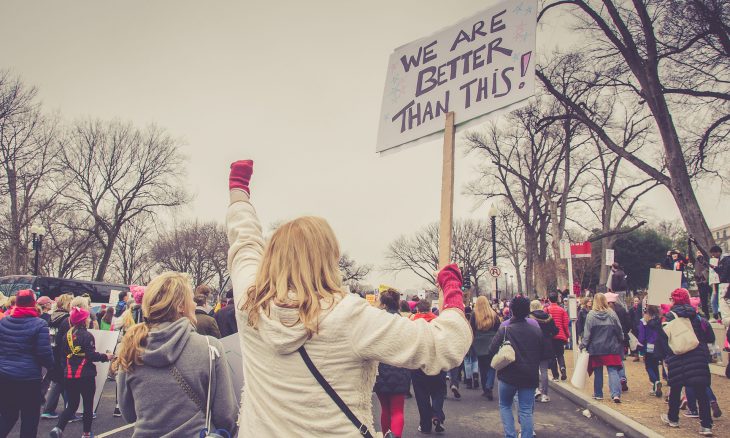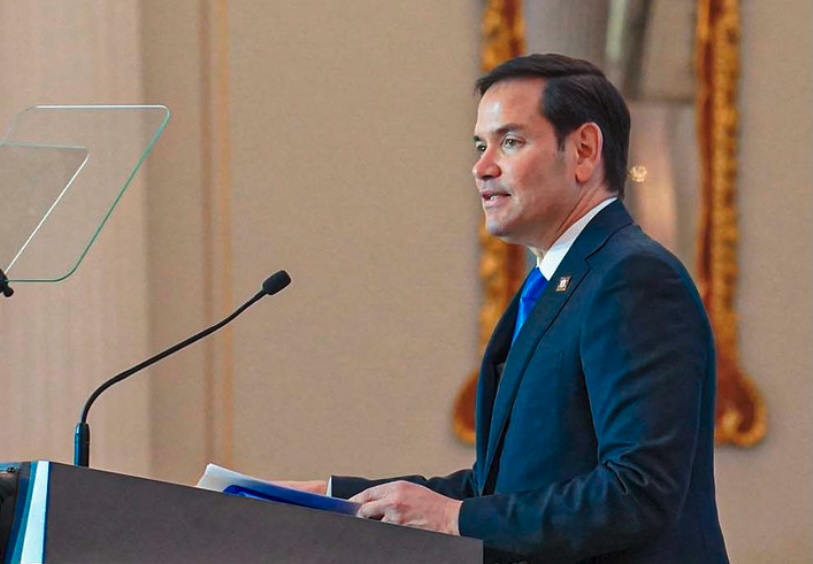Maintaining the right to free expression is the responsibility of every American.
PRAY FIRST for the protection of this fundamental right, making sure it is preserved and respected while being exercised with love and responsibility.
“Let your speech always be gracious, seasoned with salt, so that you may know how you ought to answer each person.” -Colossians 4:6
Freedom of speech is a term thrown around a lot in today’s world. It is invoked when proving a point or encountering opposition, but sometimes it can be misused. Understanding freedom of speech is imperative because it is one of the fundamental rights embedded in the First Amendment of the U.S. Constitution. It forms the cornerstone of a society, allowing individuals to express their thoughts, opinions, and beliefs without fear of government retribution. However, the concept of freedom of speech is complex and often misunderstood. It does have limits, and it can impact different demographics, religious organizations, and academia. It also has deep societal implications if this freedom were to be curtailed.
What Is and What Isn’t Freedom of Speech?
The core right of freedom of speech allows individuals to communicate their ideas and opinions without censorship or restraint by the government. This right is vital for the promotion of free discourse and the exchange of ideas and is essential for a healthy democracy. It encompasses not only spoken and written words but also other forms of expression such as art, media, and protest. On the contrary, freedom of speech is not absolute and does not protect certain types of expression. For instance, it does not cover speech that incites imminent violence, constitutes true threats, or involves child pornography. Defamation, obscenity, and certain commercial speech also fall outside its protection. Additionally, private entities, such as employers and social media platforms, are not bound by the First Amendment and can impose their own restrictions on speech.
Do the rules of Free Speech still work today?
Over the last decade, the U.S. has seen significant shifts in censorship dynamics. There has been a noticeable increase in the moderation of speech on social media platforms, done so with the claim of needing to combat misinformation, hate speech, and other harmful content. Nevertheless, this has sparked debates about whether such actions amount to censorship and infringe upon free speech rights. Reports have indicated a complex landscape where both increased and decreased censorship claims coexist—reflecting the nuanced nature of this issue.
A considerable portion of the U.S. population appears to have a limited understanding of what freedom of speech truly implies. Misconceptions abound, particularly regarding the application of First Amendment protections to private entities. This lack of understanding can lead to confusion about when and where free speech rights are being upheld or violated.
Freedom of speech affects various demographics differently. Historically marginalized groups often rely on free speech protections to voice their grievances and advocate for social change. Conversely, these same groups can be disproportionately affected by harmful speech. Faith-based organizations, for example, have expressed concerns about perceived increases in censorship, particularly on social media platforms where religious content may sometimes be flagged as controversial.
The principle of free speech in academia is essential for fostering intellectual growth and debate. However, universities have faced challenges balancing free speech with maintaining a safe and inclusive environment for all students. There have been instances of controversial speakers being uninvited for the protesting of certain viewpoints. This all highlights the ongoing tension in academic settings.
Consequences of Losing Freedom of Speech
The cessation of freedom of speech would have profound implications for various sectors of society. Education would suffer, as open discourse is crucial for critical thinking and knowledge advancement. Churches would lose a platform for sharing religious beliefs, impacting their congregational reach and influence. The workplace would see a decline in innovation and morale as employees might fear repercussions for voicing their ideas. Moreover, there are instances where the idea of freedom of speech is misused to justify harmful rhetoric or to push specific agendas. This misuse can undermine the integrity of this fundamental right and contribute to societal divisions. Thus, there must be vigilance in preserving the true essence of free speech while preventing its exploitation.
The U.S. government continues to grapple with balancing free speech with the need to address harmful content. Various legislative measures and policies have been proposed to regulate speech on digital platforms, reflecting ongoing debates about the appropriate scope of such interventions.
Approaching This Through a Christian Lens
Churches and Christian communities can play a crucial role in maintaining freedom of speech by promoting respectful and constructive dialogue by ensuring messages are comprehensive and non-discriminatory while still focusing on what is biblical. The Bible instructs us to speak truth and wisdom so as to be beyond reproach. Prayers for wisdom and guidance for church leaders are necessary and are a powerful tool in supporting this fundamental right.
Freedom of speech remains an essential yet complex component of American society. Understanding its scope, limits, and current challenges is crucial for all citizens. By encouraging a respectful and informed dialogue, society can ensure that this important right continues to thrive.
HOW THEN SHOULD WE PRAY:
— Pray for all Americans as we exercise our rights to free speech and the freedom of expression, that we would do so with love and compassion for our fellow citizens. Finally, all of you, have unity of mind, sympathy, brotherly love, a tender heart, and a humble mind. – 1 Peter 3:8
— Pray for God to be at work in our nation’s leaders, that they would see to protect our Constitutional freedoms while carrying out their roles with integrity and in pursuit of bringing glory and honor to Him. Rather, speaking the truth in love, we are to grow up in every way into him who is the head, into Christ. – Ephesians 4:15
CONSIDER THESE ITEMS FOR PRAYER:
- Pray for believers in Christ to have the wisdom and discernment to navigate the complexities of freedom of speech, ensuring that their words reflect God’s love and truth.
- Pray for the protection of the First Amendment and for legislators to be aware of how speech laws can be misused.
- Pray for peace and reconciliation in public discourse and for God to soften hearts and promote an environment where respectful dialogue can thrive.
Sources: American Civil Liberties Union, Electronic Frontier Foundation, Pew Research Center, Department of Justice









